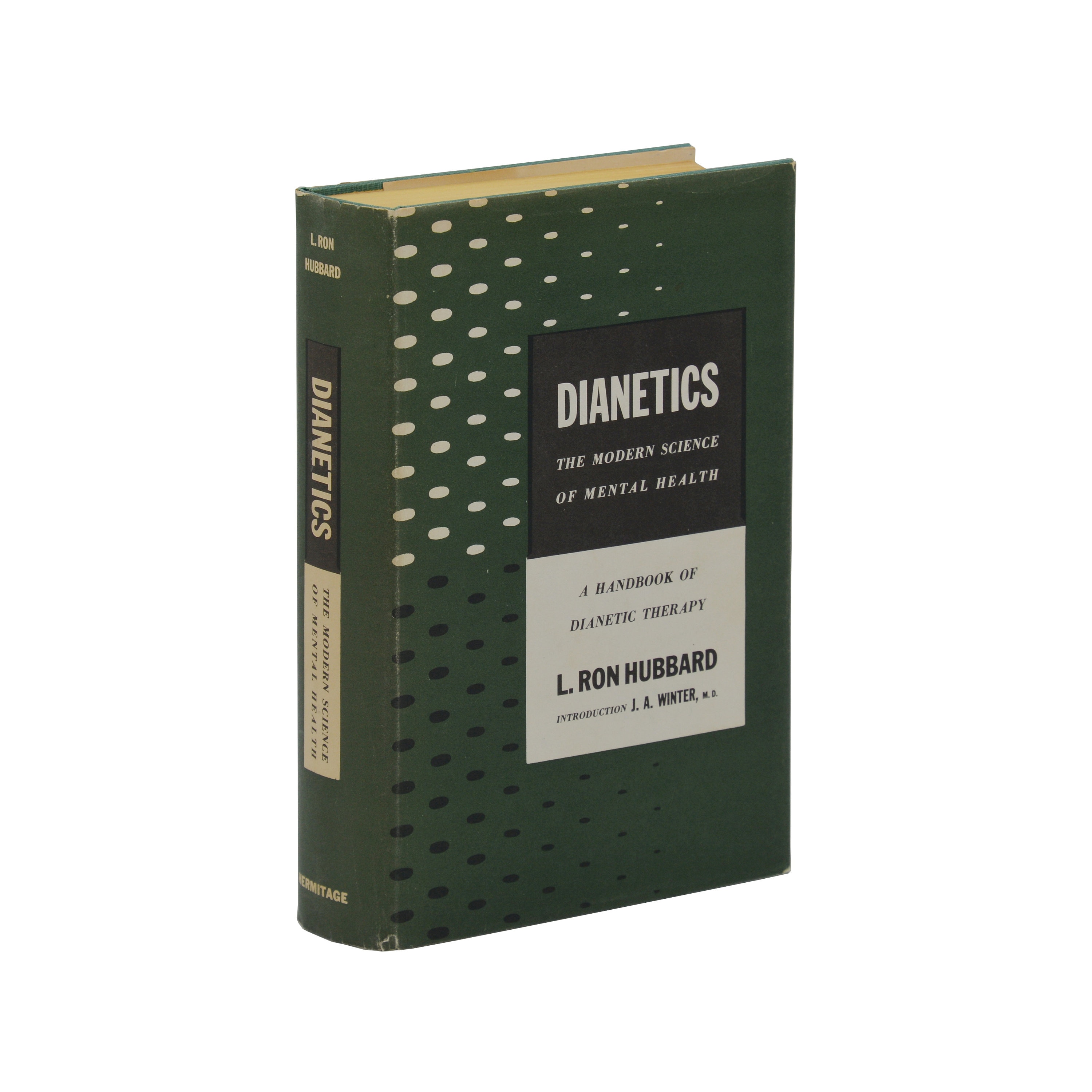Excitement About Dianetics
Wiki Article
The 10-Minute Rule for Dianetics
Table of ContentsThe 3-Minute Rule for DianeticsSome Known Incorrect Statements About Dianetics Dianetics - An OverviewExcitement About Dianetics
I couldn't ever before not intend to obtain anything that enters your mind for you- if it was otherwise, I wouldn't be sitting below with you, doing this. I not only can never have a trouble, or otherwise wish to hear something that comes to mind for you, however I'm completely eager to understand every concept, every idea, every photo or sensation that emerges or materializes for you- do not ever believe or else, and if for some factor you do, please just let me know! In some cases, you might have a thought, and picture, concept or case turn up that does not appear to respond to the inquiry, or associate with it, but however, always do tell me concerning it, and as we continue, the significance will certainly emerge for you.This is inherent in the basis of processing, and the topic of this conversation: the basic functions of the therapist and the customer: The basic duty of the counselor is, as opposed to "standard training", not to control, which means to impose and/or inhibit, however to rather work from the basis of EMPOWERING THE CUSTOMER.

The Only Guide to Dianetics
John Mcmasters shared this fundamental truth incredibly well in among his lectures on Power processing, where he clarifies exactly how he was asked what this "special knack" was that he had for providing such terrific sessions; he had to consider that for a moment, and identified that it was what he wasn't doing, as well as what he was doing: he wasn't assessing, judging, computer, or actually, producing any thoughts, allow alone spoken expressions, after offering the command and while waiting on the PC to complete their response to their contentment; he was, just and only, being present with the computer, and completely interested.The role of the therapist, demonstrated; that was his "special knack". I have actually had my own experience which instructed me this well, extremely early on in the video game. read In 1982, having actually recently completed my training and internship on New Age Dianetics, I was running this on a COMPUTER, and there was a factor in the session where (being a little bit damp behind the ears not yet having lots of hours under my belt as an expert auditor) the PC appeared to be "taking as well long" to express anything verbally after I provided him a command.
This secret turned Web Site out to be one of the most important contribution that John ever made to the topic of treatment or bookkeeping (Dianetics). In my humble viewpoint, it is the best contribution that any individual has ever made to these subjectsthe application is entirely non-judgemental, non-evaluative, and lacking any type of idea, recommendations or opinion.no preconditioned agenda for individuals, or 'levels' that they have to do
In Idenics, the only source of info regarding a customer is the individual client. In Scientology we prided ourselves on not reviewing for people. All that really implied was that the auditor did not Vocally examine for the Computer in session. The registrars and ethics police officers reviewed for the PC.
A Biased View of Dianetics

Any person who had actually ever seen John audit can not help but observe a special quality in his auditing."The customer's fundamental role is to be there with the objective of moving in the direction of their spiritual objectives, and to freely and totally share and experience whatever shows up for them in answering the concerns and carrying out the guidelines in the processing.
This is something to process as needed. But likewise, people frequently have prior experience and/or brainwashing in auditing/processing which, somehow, and to some extent, in fact misguides them right into perspectives, ideas and habits patterns his comment is here that stop the full realization of these functions, and so they will certainly tend to inhibit the expressing of what comes to mind, as in the instances provided over. * The first, and probably leading examples of mis-indoctrination leading to less than totally smooth and efficient sessions, can be located in certain elements of the training regimens, or "TR's":"TR's" are usually a person's very first, or a minimum of early, experience in Scientology, and while I will go on to clarify what I see as the flaws in principle and technique, however, have a tendency to be significantly healing, done as they are given (Hubbard firmly insists that "TR's are not refining, they are educating", but factually, they are both handling AND training)
There is no "flunking", and no denial of the truth of this being processing. The focus, as it ought to be, is on experiencing the other person's visibility.
All About Dianetics

Report this wiki page